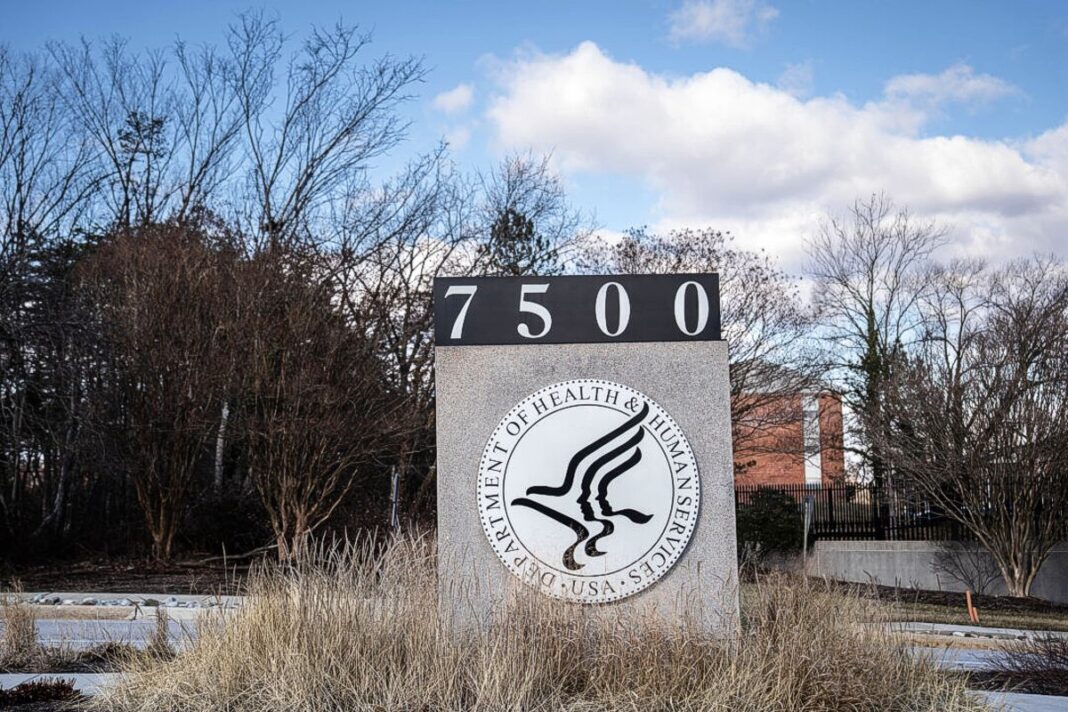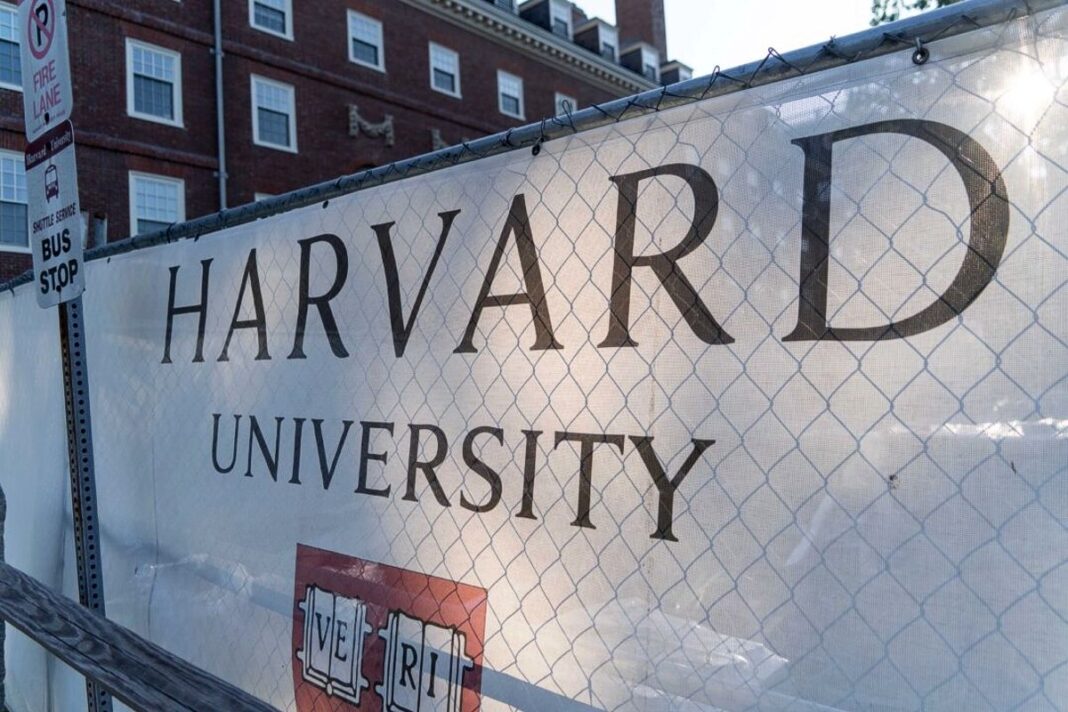In the 2026 electoral cycle, 39 jurisdictions will elect governors, with several elections in competitive states for the U.S. Presidential election.
WASHINGTON—The United States, and its several states, will hold many elections on Nov. 3, 2026—for all 435 seats in the U.S. House of Representatives, one-third of seats in the U.S. Senate, and elections to dozens of state legislatures and local offices—with some of the biggest races being for the governor’s offices of various states, which have attracted the candidacies of famous politicians in politically significant states.
In every state of the union, the governor is the chief executive and vested with executive authority, though their exact powers vary and depend upon state Constitutions. Usually, they direct state agencies, veto bills, and are the state’s leading political figure. Historically, many governors have used their public esteem to get elected to other high offices, such as the U.S. Senate and as President of the United States.
In 2026, 39 governor’s offices—36 in states and three in territories—will be up for statutory elections, with some incumbent officeholders being term-limited from running again. Given the prestige of serving as governor, several high-ranking political figures have announced their candidacies for these posts. Below, we describe the biggest gubernatorial races with the most prominent names who, if they win, could influence millions as the heads of states of the union.
Arizona
In the Grand Canyon State, Gov. Katie Hobbs (D-Ariz.) is running for re-election and is likely to win the Democratic Primary. Two potential rivals, the state’s Attorney General Kris Mayes (D) and Secretary of State Adrian Fontes (D), are running for re-election to their current offices.
However, the state is not heavily Democratic and, in the most recent statewide elections for the presidency and U.S. Senate in 2024, voted for Republican nominee Donald Trump and Democratic nominee Ruben Gallego, respectively. Most political observers consider the race a “tossup.”
In the Republican Primary, the two declared candidates are U.S. Rep. Andy Biggs (R-Ariz.) and businesswoman Karrin Taylor Robson, who ran for governor in 2022 but lost the Republican primary contest to Kari Lake. Biggs is a former chairman of the U.S. House of Representatives Freedom Caucus, a right-wing faction of the House Republican Conference that regularly attracts notoriety. He also previously served as president of the Arizona Senate.
In Republican nomination contests, the endorsement of President Trump is often the decisive factor, as many GOP voters have been following his directions on how to vote. Trump, in this case, has endorsed both Biggs and Robson for the nomination.
State-wide elections in Arizona are always closely watched, as the state is competitive during U.S. presidential elections, and the results may indicate how voters there will vote for the next U.S. President. The primary will be held on Aug. 4, 2026.
By Arjun Singh







